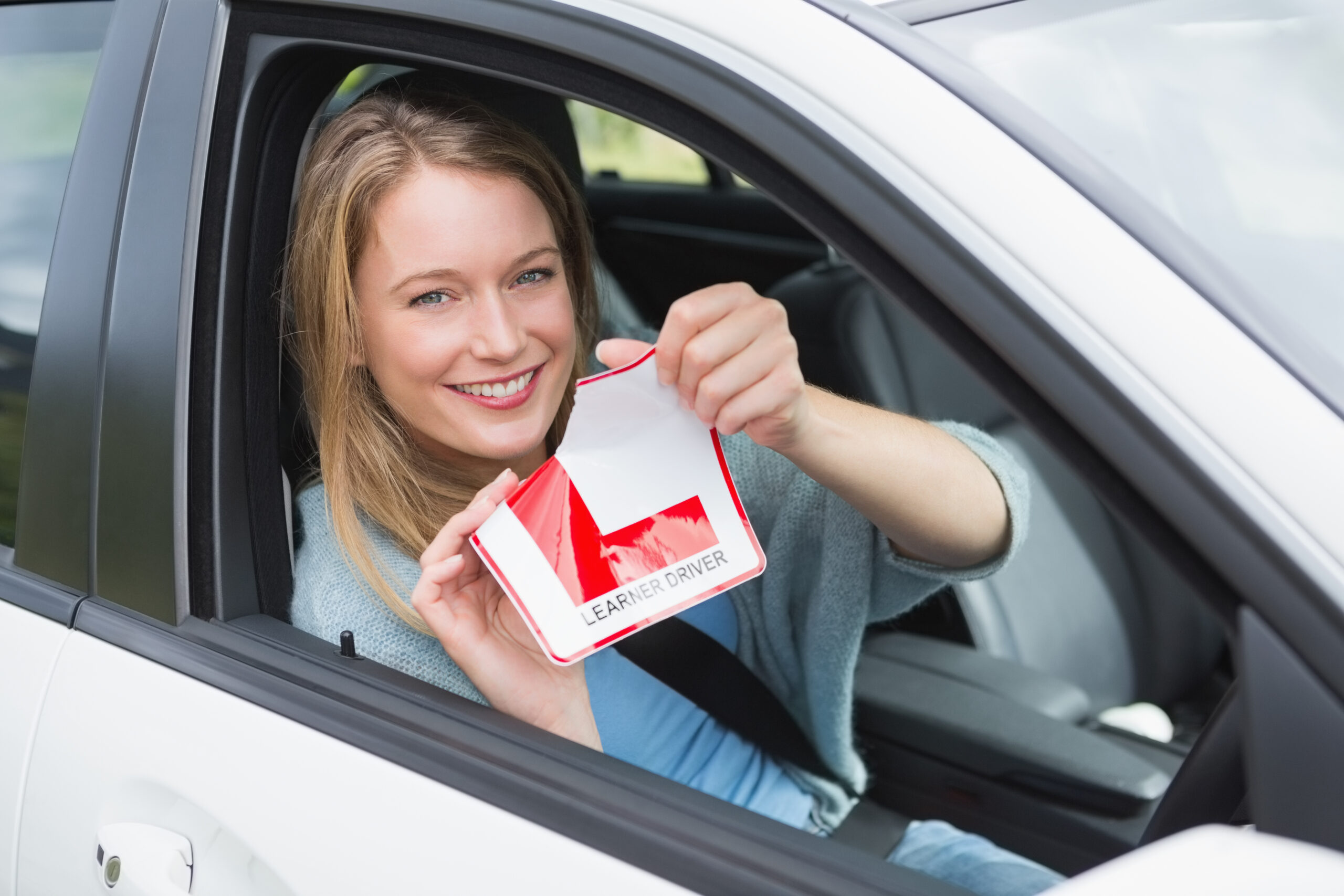The AA has worked out that least 58 lives could be saved annually by the introduction of a graduated driving license, and could also see at least 260 serious injuries avoided on UK roads.
The AA’s chief executive Jakob Pfaudler has written to Transport Secretary Louise Haigh to highlight the motoring organisation’s strengthened calls for the introduction of GDL, which would mean new drivers under the age of 21 would not be allowed to carry peer-age passengers, for 6 months after passing their test, with exemptions for parents or carers.
It comes as The AA launches its policy on GDL. It is also calling for new drivers to face six points for not wearing a seatbelt effectively making new drivers lose their licence for this offence under the New Drivers Act, and a ‘G’ plate to be displayed for the first six months after passing their test.
The GDL was discussed in detail in a recent TRL webinar, available here, which included an Australian expert explaining how the system has made roads safer there.
Jakob Pfaudler, CEO of The AA, said: “Graduated Driver Licensing has been proven in other countries to significantly reduce road deaths and serious injuries.
“Figures show 290 people were killed in young driver crashes last year with more than 4,669 seriously injured. Not only is this a tragic waste of life, but it contributes to the burden of high insurance premiums for young drivers. These premiums should fall when there is evidence of a reduction of young drivers and passengers killed and seriously injured.
“We are calling on the Transport Secretary to make simple, pragmatic changes to the licensing process so young people are better protected in their first few months of independent driving.”
New AA/Yonder driver research suggests the most popular element of the AA’s proposed GDL is passenger restrictions with a third (33%) saying they would implement it over other possible GDL tactics.
The second most popular aspect of GDL to implement, if only one could be chosen, was ‘G plates’ (24%), followed by a logbook (18%) and heavier penalties for not wearing a seatbelt (8%).
Young drivers were considerably more likely to choose heavier seatbelt penalties as the one GDL element they would introduce (20%). In 2023, more than one third (36%) of 17-29-year old drivers who died in a car crash were not wearing their seatbelt.***
Edmund King, director of The AA Charitable Trust, said: “Support for GDL is high among drivers and their top priority would be to introduce passenger restrictions. Parents tell us that this would help them to restrict their teenagers from taking passengers or being passengers with an inexperienced driver.
“The introduction of passenger restrictions, would help mitigate the increased risk young drivers have to manage when they have peer-aged passengers travelling with them. A six month restriction is a small price to pay for saving young lives.
“There is a great swell of support for the introduction of GDL so this Government has a real opportunity to make it happen and save lives.
“The very recent inquest into the tragic deaths of four young men is a stark reminder that action needs to be taken to protect young lives, and it needs to be taken sooner rather than later.”
Sharron Huddleston, who formed the Forget-me-not Families Uniting group from those like herself who have lost loved ones in crashes, said: “Graduated licences are a crucial issue. How many more young people need to die before action is taken?
“Our message is simple – listen to us, listen to the experts, listen to The AA, and learn from other countries, who have seen a huge reduction in young driver and passenger deaths after introducing graduated driving licensing for young novice drivers. My daughter, Caitlin, would be alive today if action had been taken when the concept of graduated licences was floated years ago.”
(Picture – Yay Images)
























